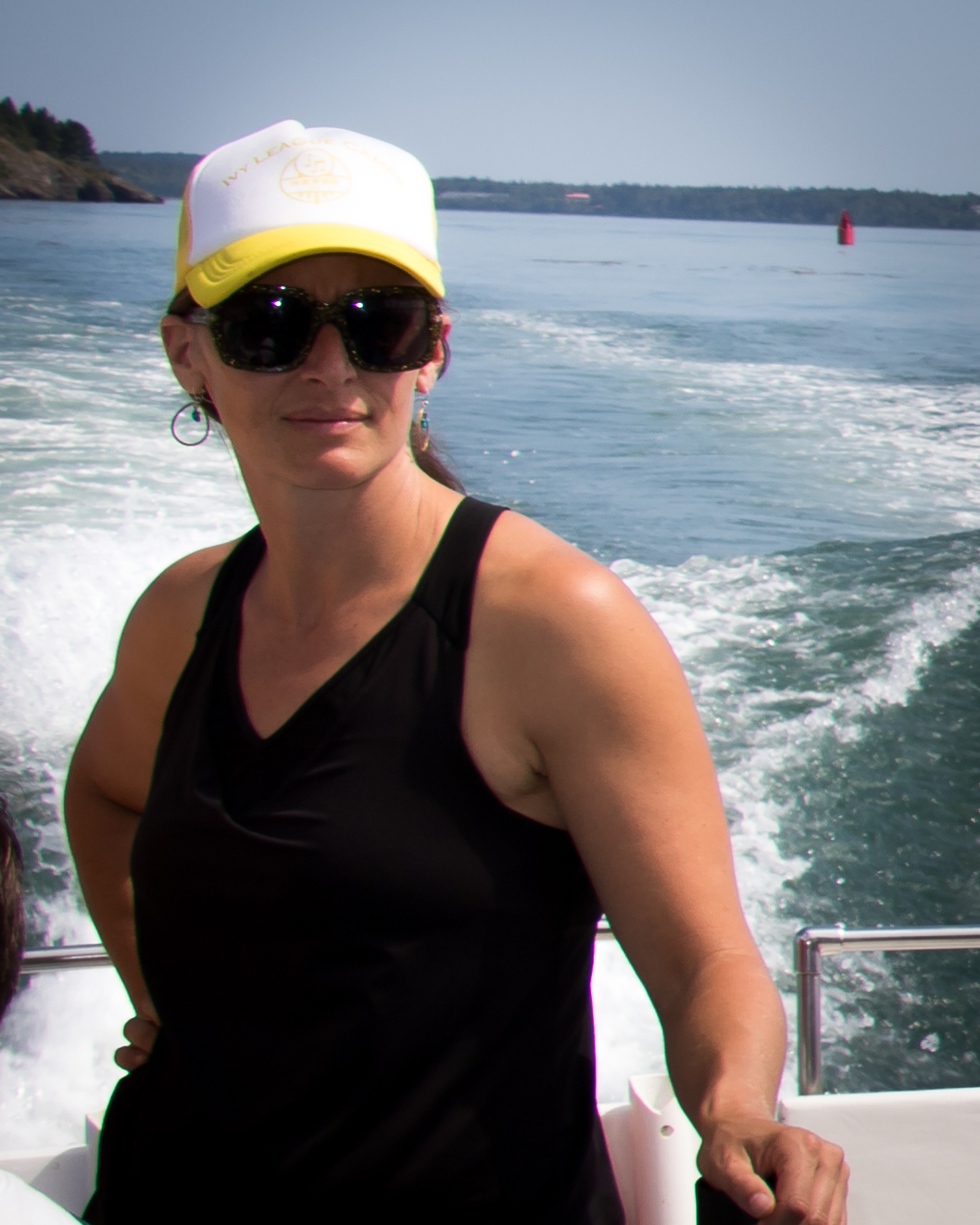
Researcher of the Week: Gretchen Grebe
Gretchen Grebe is a Ph.D. Candidate at the University of Maine and SEANET Research Fellow in Theme 3: Innovations. Grebe received her undergraduate degree in Environmental and Latin American studies at Bates College, before moving on to the University of California at Santa Barbara to obtain her masters in Environmental Science and Management. Finally, she landed at the University of Maine to conduct her Ph.D. studying bioremediation of kelp and the impact on Maine’s waters on commercial farming.
“A big piece of my work is trying to figure out where nutrients are coming from and how frequently they are reaching farms,” explains Grebe. “For example, maybe all of our kelp in Casco Bay is not getting enough nutrients. Maybe it’s getting a lot of nutrients, but only during a two month period, or perhaps another site has too many nutrients.”
In order to do this research, Grebe has to sample kelp from various places along Maine’s coast to document any patterns that may exist and found that the best way to do this was to partner with Maine’s commercial aquaculture industry.
“A couple of years ago I tried to just put my own experiment out into the water and I failed. It was really hard, we lost all of the kelp very fast, and it turned out that the best way to actually be able to collect samples of kelp was to do so by partnering with kelp farmers,” explains Grebe. “So, this year I have been sampling five partner farms […] It’s been very advantageous for me to have been working for them. The reciprocity of that relationship is that the farmers can help steer some of the research questions.”
Working directly with commercial farmers allows for Grebe to have an understanding of what farmers want to know in order to make informed management decisions, and can use their questions as a guide for future experiments and research proposals.
“I am also able to communicate in a really informal way with those farmers because I am seeing them every time I go sampling,” says Grebe. “We have a lot of time to discuss observations, concerns, and new innovative ways to do so things. It’s been a really fantastic and rewarding process in that sense.”
“What I keep coming back to, is ultimately when there are more people on the planet and we have fewer and fewer resources, at some point we are going to have to find another way to feed people and to provide the other sorts of commodities that we have come to enjoy in this lifestyle, and so really exploring and developing aquaculture is a way for us to do that,” says Grebe. “It’s a huge ocean out there […] and aquaculture research really offers us an opportunity to really evaluate the potential to use these techniques and these systems to address the problems that we know are going to be serious issues.”
